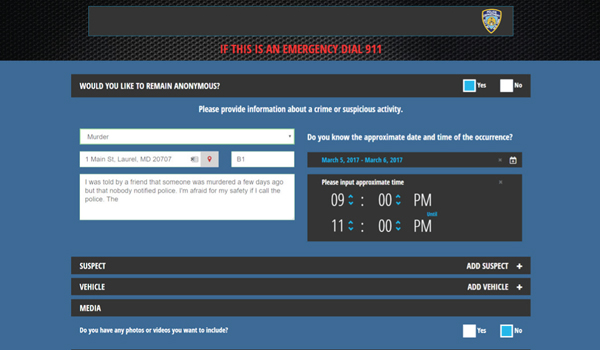Increasing efficiency in restorative justice
Sussex Police has halved the average number of days it takes to progress restorative justice cases from referral to finalisation since introducing the Empowering-Communities Inclusion and Neighbourhood management System (E-CINS) information-sharing database.
Sussex Police has halved the average number of days it takes to progress restorative justice cases from referral to finalisation since introducing the Empowering-Communities Inclusion and Neighbourhood management System (E-CINS) information-sharing database.
Before E-CINS, the Sussex Police restorative justice coordinators collated information about cases on their internal force systems. However, with the majority of their facilitators being volunteers from other organisations without access to secure emails this made sharing electronic information difficult.
The force now has an information sharing agreement for the Sussex Restorative Justice Partnership which includes Sussex Police, Victim Support, Sussex Pathways and PACT/Just People that formalises E-CINS as the preferred information sharing system.
Elize Manning, Restorative Justice and Community Resolution Coordinator in the Community Safety Team at Sussex Police, said: E-CINS allows for a much more efficient service for our participants. It has also transformed the content of our monthly meetings, moving away from the need to discuss every case in detail, allowing us to focus on the sensitive and complex cases that require enhanced levels of support and supervision.
Information could only be sent to the restorative justice managers secure email addresses for us to share with our facilitators as and when we had one-to-one meetings. Alternatively, we would have to make appointments for them to come into the police station to view files and papers.
Likewise, as the facilitators progressed cases, coordinators would only receive updates once a month at our divisional restorative justice meetings. This led to a limited ability to answer questions, solve problems or share changing information in between. We suffered delays at every turn.
All facilitators have had E-CINS training and are registered users. Registration and training now forms part of the induction process.
Sussex police has three restorative justice hubs. One in Brighton, Bognor and Bexhill, where I work, added Ms Manning. On receipt of a new referral, the hubs create the profiles and a case on E-CINS. The case can then be instantly shared with key stakeholders. These partners can directly input information on risk and suitability to the case without needing to rely on coordinators to collate this all into one place.
As soon as a decision is made on whom to allocate a case to, permissions are tweaked and a task is sent instantly, giving the allocated person access to everything they need to get started. From the hub the coordinators can monitor progress and updates in real-time, providing advice and support as it is needed.
Due to increased funding in the past year, the number of referrals coming into the hubs has greatly increased. Without E-CINS we would not have been able to cope with this increased demand.







